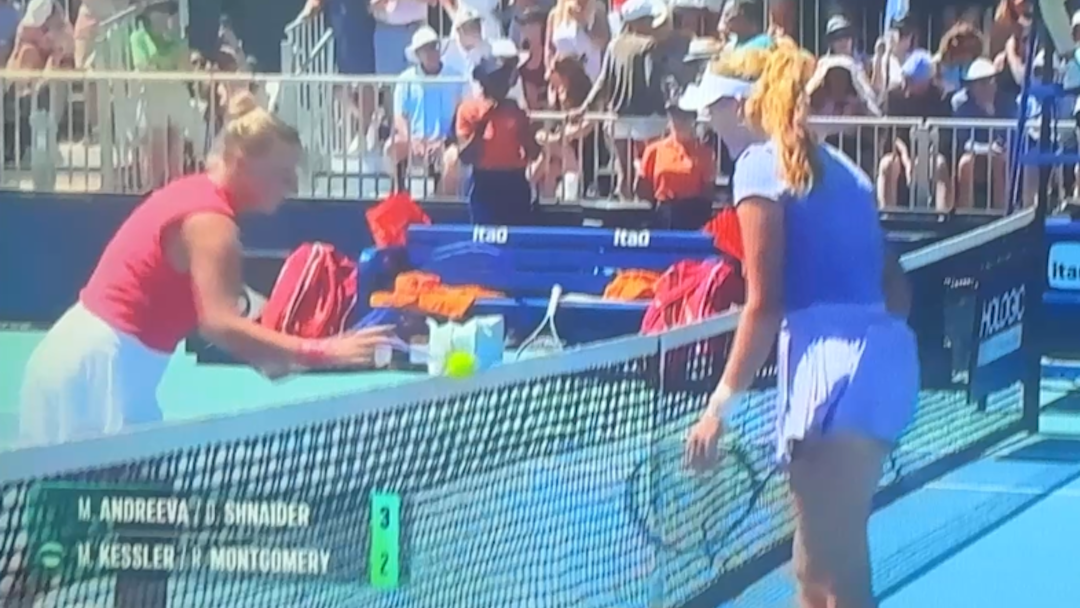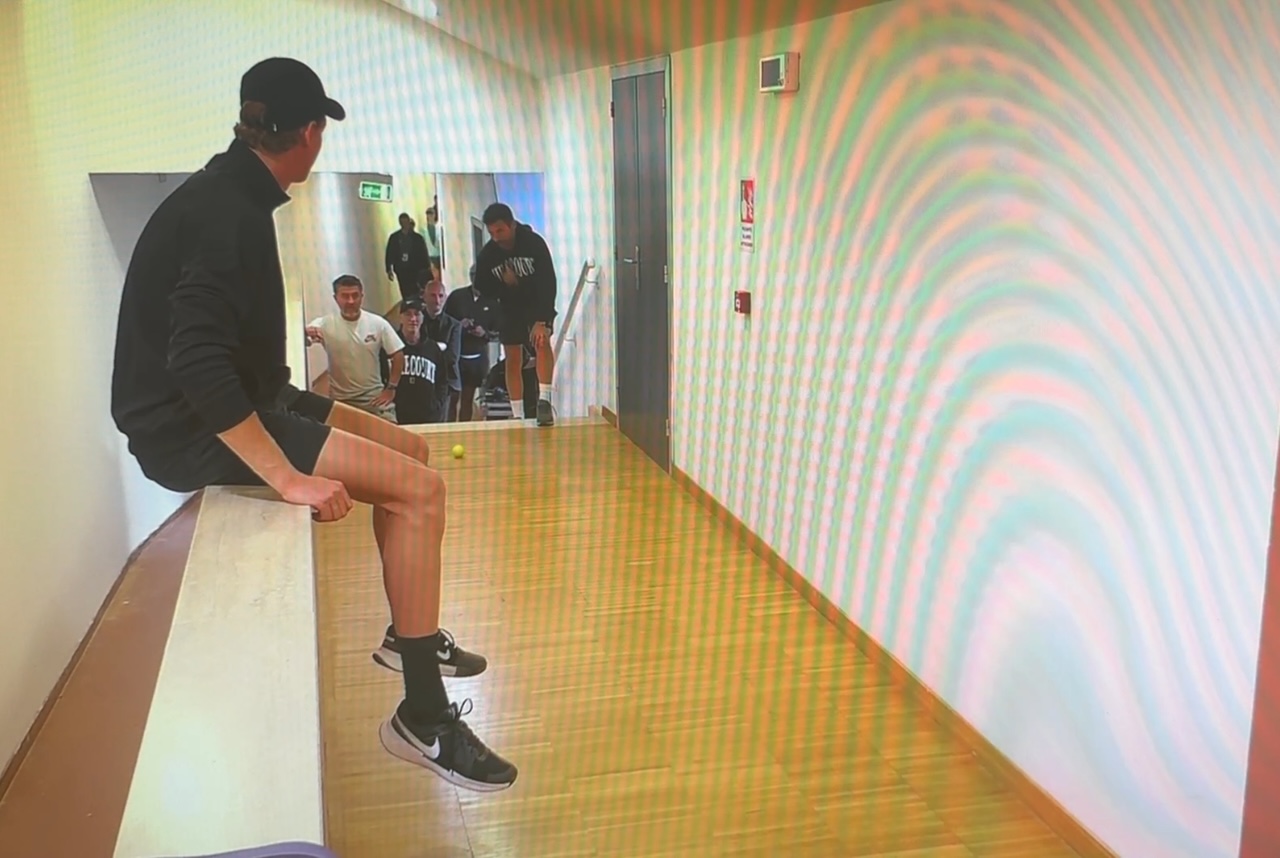From a tennis organizational standpoint, staging league play versus running a tournament requires significantly less labor. Additionally, the structure of leagues under the USTA distributes the majority of the grunt labor required away from the Section Office. With the exception of the Sectional playoffs, the majority of league coordination goes to the CTA, the team captains, and at times the individual players.
This is an obvious but important observation. The amount of effort that has to be expended to facilitate organized competitive play has a profound influence on the decision of what type of event to prioritize. While other factors are also in play, most people will gravitate to options with their lowest personal workload. It is human nature.
A tournament organizer has to attract individual players. Until registrations are final, they don’t have a precise handle on the court capacity required to host the event. Each site requires a volunteer to operate the desk, officials, and other less obvious support items. For example, have you ever wondered where the physical tournament desk actually comes from? There are a lot of things like that.
When teams register for a league, the captain is responsible for attracting the players and securing court space at their host facility. The home team provides the tennis balls. All the league organizer has to do in terms of scheduling is to designate which teams play each other every week. The captains handle availability and the lineups. It is checkers versus chess.
If it rains at a tournament, the event organizer bears the brunt of rescheduling. They may have to secure additional court time and more officials for days when the tournament field was supposed to be already winnowed down. Once they get that done, it is also likely to rain again.
When a league match is rained out, it is the responsibility of the team captains to negotiate makeup rescheduling. Following is an excerpt from “USTA Tennis League Rain Outs” that captures the inherent challenges behind the “blind roster exchange” between the captains.
This is how it works in practice: I collect 2-3 proposed times for a match and then submit it to the opposing captain. Her team immediately places her on their “blocked callers” list and refuses to respond to her messages. After she threatens them with a court injunction — or worse, that they will have to play singles for the rest of the season — someone reluctantly agrees to the match time. At that point I discover that during the lengthy delay my entire team has decided to run off to the Bahamas together.
USTA Tennis League Rain Outs, September 26, 2020
A couple of weeks ago I described the “convenience” factor that ultimately swayed the “Old Guard Conservatives” to prioritize league play as a “strategy.” In doing so, they also reduced their own workload required to broaden and increase participation in the sport via delegation to other organizations and individuals. That isn’t a bad thing, just an observation of something that impacts the decision making process at the organizational level.
The USTA started to prioritize league play because it was convenient not only for the players, but also administratively. Tournaments take more work and the majority of the labor can’t be delegated. When you combine that with declining participation, there is a lot to overcome for tournaments to return to the glory days of the format.




Ah-ha-ha!!! That excerpt about rescheduling rainouts is gold 😂.
Great observations on the delegation of responsibilities and work load!